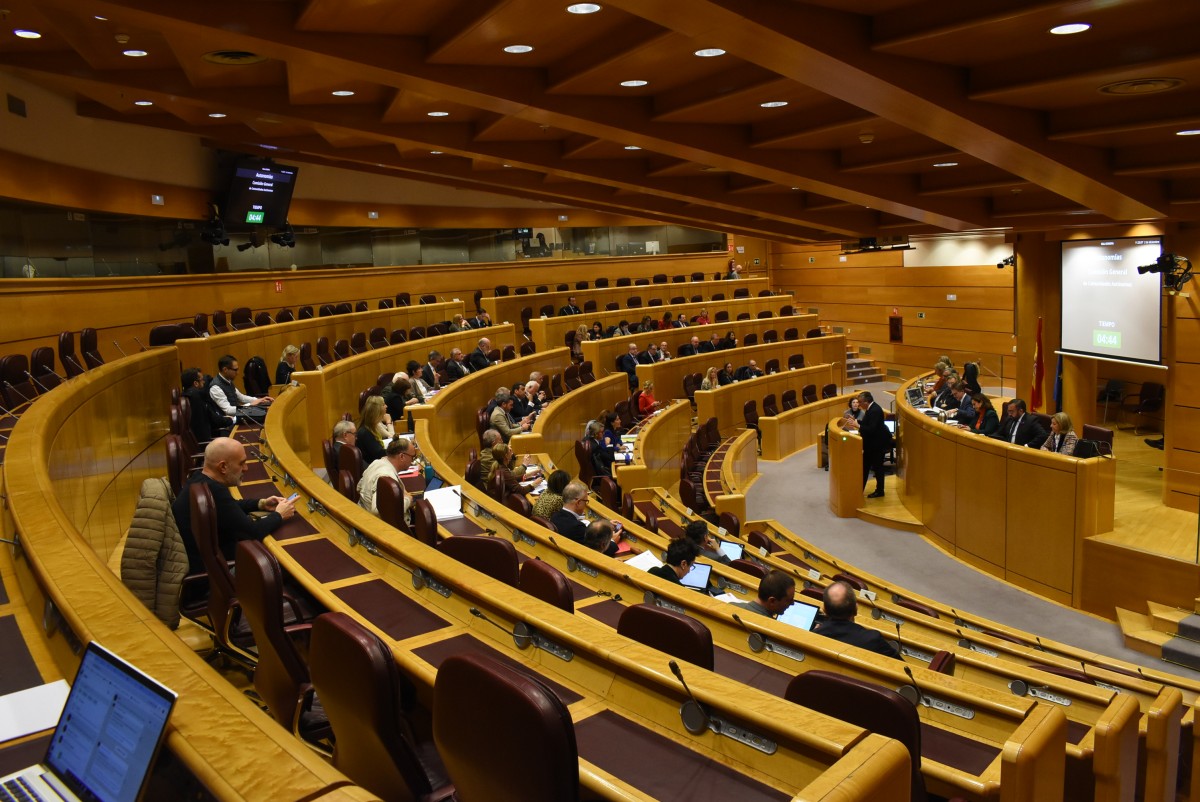
The Judicial Efficiency Bill, which includes measures such as fast-track trials for squatter cases and the abolition of 'golden visas', has encountered resistance in the Senate.
The legislation was approved by the Congress of Deputies on 14th November but was vetoed by the Senate following a proposal by the PP, which enjoys an absolute majority in the upper house. According to the Official Gazette of the Spanish Parliament dated 2nd December, this means the bill will return to Congress, which has the power to overturn the veto.
Among the measures included in the legislation—primarily aimed at modernising the judicial system—are streamlined trials for cases of illegal squatting and the discontinuation of golden visas for foreign investors purchasing properties worth over €500,000.
Regarding squatting, the legislation approved by Congress proposes handling offences of home invasion and unlawful occupation of property through a fast-track judicial procedure, enabling cases to be resolved within an estimated 15 days.
By amending Article 795 of the Criminal Procedure Act, cases of illegal squatting would be added to the list of minor offences eligible for expedited processing, which currently includes crimes such as theft and burglary. While this step has been hailed by some as progress in tackling squatting, others have expressed reservations, noting that the measure does not address so-called "tenant squatting" (inquiokupación).
As for golden visas, a transitional provision was introduced to abolish these permits in the future while safeguarding the rights of investors and their family members who applied before the legislation came into effect.
Golden visas were introduced during Mariano Rajoy's administration, and their removal was initially planned for 2025. Between January and October this year, 780 golden visas were granted, with an average investment of €657,204. Since April, when Prime Minister Pedro Sánchez announced the termination of these visas, 573 permits have been issued.
The PP's Arguments for the Veto
The PP's rationale for the veto, as outlined in the report, centres on the government's failure to employ "proper legislative drafting techniques" and a lack of "planning and organisation." The PP claims that the simultaneous processing of two legislative projects affecting the same laws creates "confusion, chaos, and a serious attack on legal certainty."
The party further argues that "the government's struggles to advance its projects and proposals do not justify poor legislative drafting." It emphasises that "citizens are entitled to protections against a disorganised and abusive use of executive powers," adding that Parliament cannot stand idly by in the face of tactics and strategies that undermine those it represents.
The PP criticised the bill as a "hodgepodge of uncoordinated legislative amendments" that have been repeatedly revised to correct inconsistencies, omissions, and contradictions stemming from the chosen approach. It cautioned against approving overlapping reforms of the same laws, which could result in contradictory provisions being enacted simultaneously—a problem that has occurred in the past due to a lack of government planning and coordination.
The report concludes by recommending separate and independent drafting of legislative reforms based on their primary objectives to ensure proper deliberation by Parliament. This, the PP argues, forms the basis for its veto proposal.



